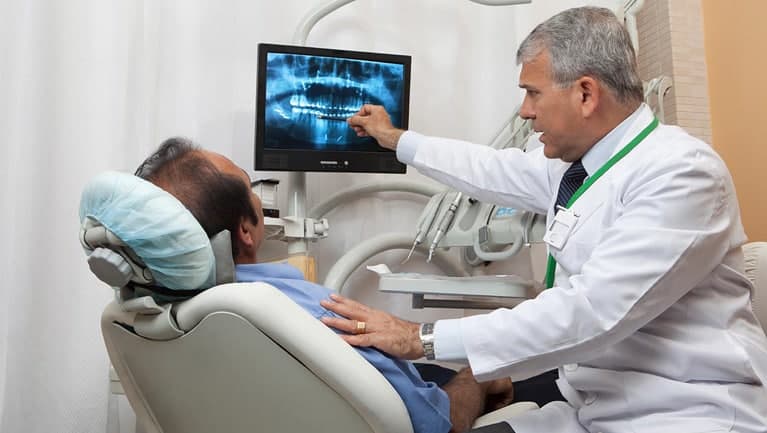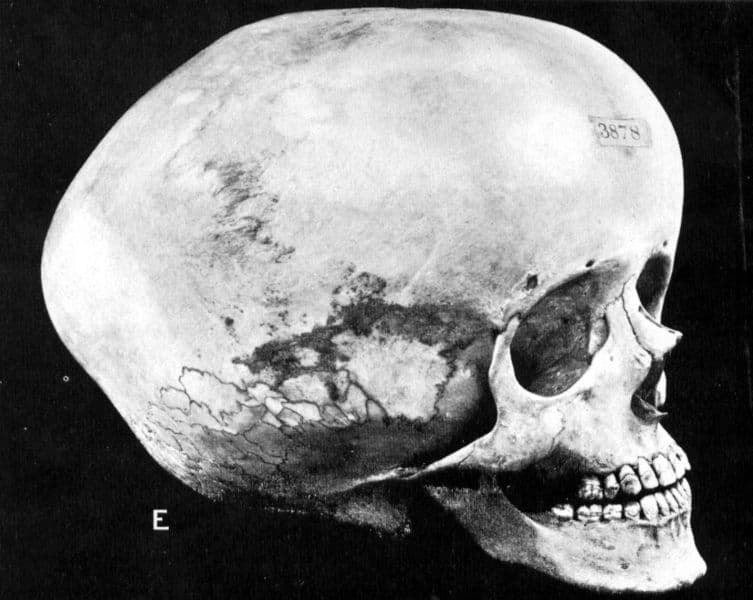Mucosal trauma, a prevalent concern within dental practice, significantly affects patients’ oral functions, causing discomfort during essential activities like eating and speaking. These lesions, resulting from physical, chemical, or thermal sources, vary from accidental bites to procedural injuries. This article delves into the nuances of mucosal injuries, presenting a structured analysis across four main categories: physical/mechanical, chemical, radiation, and thermal/electrical injuries, providing insights into their management and impact on oral health.
The prevalence of trauma-related oral lesions in dental practice underscores the importance of understanding their etiology, diagnosis, and management. These injuries, arising from diverse sources, impair normal oral functions and can be a source of significant discomfort. Early identification and removal of causative factors are crucial for effective treatment. This section outlines the genesis of mucosal trauma, focusing on common causes and the therapeutic approach, supported by a comprehensive classification system for these injuries.
Classification of Oral Mucosal Trauma
Oral mucosal trauma encompasses a wide range of injuries, classified into four distinct categories for better understanding and management:
- Physical and Mechanical Traumas;
- Chemical Injuries;
- Radiation Injuries;
- Electrical and Thermal Burns.
This classification facilitates a targeted diagnostic and therapeutic approach, enhancing patient care and outcomes.
Detailed Examination of Trauma Types
Physical and Mechanical Traumas
Characterized by injuries like linea alba, chronic biting, and various forms of hyperplasia, physical and mechanical traumas are commonly encountered in dental practice. Factors such as occlusal stress, sharp dental edges, and habitual biting contribute to these conditions, often requiring minimal intervention but highlighting the need for preventive measures.
Chemical Injuries
Chemical burns and allergic reactions represent a significant category of mucosal injuries, resulting from exposure to caustic agents or allergens. These injuries necessitate a careful evaluation of patient history and exposure to identify and eliminate the causative factor, with treatment ranging from conservative management to specific interventions for allergy-related conditions.
Radiation Injuries
Oral mucositis and actinic cheilitis fall under radiation injuries, primarily associated with cancer treatments and excessive sun exposure, respectively. These conditions demand a multifaceted approach, incorporating preventive strategies, supportive care, and, in certain cases, surgical intervention.
Electrical and Thermal Burns
Injuries resulting from electrical accidents or thermal burns due to hot substances require immediate attention to prevent severe complications. Management strategies focus on acute care, supportive treatment, and rehabilitation to restore normal function and appearance.
Prevention Strategies for Mucosal Trauma
The prevention of mucosal trauma within dental practice necessitates a multifaceted approach, encompassing both professional guidance and patient self-care. Dental practitioners play a crucial role in identifying potential risk factors for trauma, such as misaligned teeth, defective dental restorations, or ill-fitting dentures, and addressing these through appropriate interventions. Moreover, the adoption of advanced dental techniques and materials that minimize the risk of iatrogenic injuries is imperative in modern dental care.
Educating patients about the importance of maintaining optimal oral hygiene, the correct use of dental appliances, and the avoidance of harmful habits such as bruxism or chronic biting is essential. Patients should also be informed about the significance of regular dental check-ups, which can help in the early detection and management of conditions that may lead to mucosal trauma. Additionally, the use of protective gear during sports and the careful consumption of foods that pose a risk of oral injury can further contribute to the prevention of mucosal trauma. Through a comprehensive preventive strategy, dental practitioners can significantly reduce the incidence of these injuries, thereby enhancing patient comfort and oral health.
The Role of Patient Education in Managing Mucosal Trauma
Patient education is pivotal in the effective management of mucosal trauma, empowering individuals with the knowledge and skills required to prevent injury and facilitate healing. Dental professionals should provide patients with detailed information on the causes of mucosal trauma, highlighting how lifestyle choices and oral habits can contribute to the development of such injuries. This includes advice on nutrition, the avoidance of excessively hot or hard foods, and the modification of harmful oral habits.
Instruction on the proper technique for dental hygiene practices, such as brushing and flossing, is also essential to prevent trauma from excessive force or the use of inappropriate tools. For patients undergoing dental treatment or those who use dental appliances, tailored guidance on the care and maintenance of these devices can prevent iatrogenic mucosal injuries.
Moreover, educating patients on the signs and symptoms of mucosal trauma, including when to seek professional care, is crucial for early intervention and the prevention of complications. By fostering an open dialogue about mucosal trauma and its management, dental practitioners can encourage proactive patient involvement in oral health care, leading to better outcomes and a reduction in the incidence of these common yet preventable injuries.
Conclusion
Mucosal trauma in the dental setting presents a significant challenge, affecting patient comfort and oral function. Through a comprehensive approach that includes preventive strategies, the utilization of advanced dental practices, and thorough patient education, dental professionals can mitigate the impact of these injuries. Empowering patients with the knowledge to prevent mucosal trauma and to recognize the need for early professional intervention is essential in maintaining optimal oral health and ensuring the well-being of individuals under dental care.



